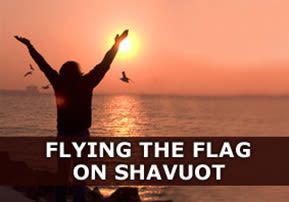
Flying The Flag On Shavuot
What exactly does this mean that, "Moshe led the people toward God"? Isn't God everywhere? Why did they need to go "out of the camp" to receive the Torah?

On the Shabbat before Shavuot, the holiday that commemorates the giving of the Torah, we usually read the Torah portion of Bamidbar, which is found at the beginning of the Book of Numbers. This Torah portion describes the census that was taken of the Jewish people a little over a year after they received the Torah, and it also describes the way that the twelve tribes camped around the Mishkan (the Tabernacle where the Ark and other sacred ritual objects were housed).
One feature of this encampment that is stressed throughout the entire Torah portion is that each tribe camped around its own flag.
“And the children of Israel shall pitch their tents, every man with his own camp, and every man with his own flag, according to their hosts” (Bamidbar 1:52).
Why is it so important to know that each tribe camped around its own flag? In comparison to the Ark or the Menorah, ritual items involved in the Divine service, a flag seems like a rather mundane object. What comes to mind, after a simple reading of the verses, is that the flags were used to designate where each tribe was supposed to park its tents, rather like the banners on poles that are used today in big parking lots.
Yet this can’t be all there is to these flags. Because we read about them every year during the final days of preparing to receive the Torah – and because nothing ever happens by chance – there must be something more to these banners than meets the eye. If we can discover what this deeper meaning is, then perhaps we will be better prepared to receive the Torah on Shavuot.
Sinai
Our commentators tell us that the Mishkan was like a little Mount Sinai. It was the place where the Jewish people could most fully experience the Divine presence. Yet although it was similar to Mount Sinai, it still could not compare to Mount Sinai – which was an experience that was and remains totally unique in human history.
What was so special about Sinai? The entire Sinai event is too immense to cover in one essay, but examining even one verse can give us an insight into its uniqueness.
On the morning of the giving of the Torah:
“Moshe (Moses) led the people toward God, out of the camp, and they took their places beneath the mountain” (Shemot 19:17).
What exactly does this mean that, “Moshe led the people toward God”? Isn’t God everywhere? Why did they need to go “out of the camp” to receive the Torah?
Of course, God is everywhere. However, it’s also true, as Rebbe Menachem Mendel of Kotzk once told one of his chassidim, that God resides only where He is allowed to enter. His voice, so to speak, is like a broadcast carried over radio waves. The radio waves are everywhere, but they need a receiver – a vessel – to pick up the signals, amplify them and transmit them in an intelligible way to the intended audience.
What stops a person from receiving this signal? There can be physical blockages, such as a mass of skyscrapers or tall mountains that weaken the signal. Or the airways can be jammed with a myriad of other signals that are causing interference and sending mixed signals. Or the signal can remain “out there” and unheard if the radio receptor isn’t plugged into or attached to a power source.
When the children of Israel were inside their camp, it wasn’t always easy to remain on a high spiritual level. Because they were human, they were also concerned with the physical problems of everyday life in their new and harsh surroundings: what will we eat, where will find water to drink, etc. To further complicate matters, there were people – malcontents – who were already starting to murmur against Moshe and his mission. They began to confuse the people by suggesting that they would all be better off if they returned to Egypt.
Even after all the miracles of the Exodus from Egypt and the splitting of the Red Sea, the people were still too attached to their “this worldly” concerns to directly attach themselves to God – the Source of ultimate power in the world. And sometimes, they weren’t even able to receive the Divine message that was being transmitted to them through Moshe.
Normally, God “leads a person along the path that he chooses to follow.” If a person chooses to open him or herself up to God and create a space where He can reside, then God will push aside all the blockages and interference and guide her steps. If, on the other hand, a person chooses to ignore God’s existence and bar Him from his or her life, then God will remain distant from that person.
However, because it was God’s Will to give the Torah to the Jewish people – and that meant every single member of the Jewish people – He could not conduct the world like it was “business as usual.” Whether the people were ready and willing to hear the message or not, they all had to be present at Sinai for the giving of the Torah.
Therefore, Moshe had to lead them out of the camp – he had to physically take them away from whatever it was that was causing the blockages and interference – and bring them to a place where they could tune into the message unimpeded. The place that God chose for this “live broadcast” was Mount Sinai.
At Sinai, all the people – men, women and children – became a receptor, a vessel, for receiving God’s teachings. Everyone – scholars and simple laborers, alike – was able to receive the message, albeit each according to his or her level.
It was an amazing thing. Never before had millions of people caught a glimpse of God’s glory and had such a personal and direct experience of God’s wisdom, power and loving kindness. But then it was all over. The “live broadcast” ended. God retreated to His Abode Above and the people returned to their camp.
Yet according to a Midrash in Bamidbar Rabba, the collection of Aggadic teachings on the Book of Bamidbar, the Jewish people were not content to look upon Sinai as a one-time event. They wanted the experience to remain with them. So they demanded something tangible from the event that they could take with them.
They demanded flags.
The Secret of the Angels
The Midrash tells us that when God descended to Mount Sinai, so to speak, 600,000 angels came with Him.
According to Jewish tradition an angel is a being that is created by God to perform one unique task. And according to the Midrash, an angel comes into the world with a flag on his back (not wings!). On this flag is an emblem that symbolizes that angel’s unique task.
An angel cannot disobey the Divine will, because he doesn’t have free will. If God tells an angel to do something, the angel has to do it. An angel cannot argue or make excuses. He can’t say that he’s not feeling well that day, or that he’s too busy or that he doesn’t want to do the task because he doesn’t think this is the best way to solve the problem or repair the world.
In addition, the credo of the angels is na’aseh v’neshma: we will do and we will hear. First they say, “Yes, Sir,” and then they ask for their orders. They can say “yes” before they know what the task entails because they don’t have to worry about whether or not they are up to the task. They know that if God gave them the task then they must be able to do it.
And furthermore, an angel wouldn’t think of exchanging his task with another angel – or exchanging his flag, which represents his identity and the very essence of his existence.
When the children of Israel looked up and saw this myriad of angels and these hundreds of thousands of flags, they developed – in the words of the Midrash – a taiva, or strong desire, for these flags.
The use of this word in this context is strange. Usually taiva has a negative connotation, since it’s often used in connection with an overpowering desire for food, money or sex. People might think that a flag is pretty or – if it represents a country – even inspiring. But people rarely have a taiva – an overwhelming desire – to acquire one. So what exactly was going on here?
Because an angel knows that he must do the Divine Will and that he can do the Divine Will, an angel goes about fulfilling the Divine will with a single-mindedness of purpose that is – well – enviable. He is a powerhouse of energy and enthusiasm that can move mountains, overturn entire cities and do whatever else it takes to make the Divine Will happen. It is this quality that the Jewish people desired. They wanted the fiery, focused enthusiasm that the angels display when they perform the Divine Will.
It is true that the Jewish people had this fiery enthusiasm – this single-mindedness of purpose – for a few minutes at Sinai. After all, whose heart wouldn’t beat faster with all those angels flying around, not to mention the thunder and lightning and shofar blowing that accompanied the giving of the Torah.
But their experience at the splitting of the Red Sea had already taught them that spiritual fireworks – no matter how impressive – don’t create a lasting impression on the soul. They may lift a person up to great heights for a few moments, but after the smoke clears the person is back where he was before.
So the people wanted something permanent to remind them of how they felt at Sinai: the enthusiasm, the confidence, the elevated sense of purpose. They wanted something that would arouse them from their spiritual slumber and make them re-experience the taiva that they had once felt – a desire to come close to God and do His Will that was stronger than any desire they had ever felt for earthly pleasures.
The idea they hit upon was to have a flag – just like the angels had flags. They wanted a flag so that they could remember that once – at Sinai – they had reached and even surpassed the level of the angels. They had also said na’aseh v’neshma: we will do and we will hear. They had also felt so close to God and so sure of their own unique purpose in the world, that they didn’t doubt for a moment their ability or their desire to do the Divine Will. And since they had reached that level once, they wanted to remember – with the help of their flag – that they would be able to reach that level again.
God was pleased with this request, and because each tribe had something unique to offer in its Divine service, God gave each tribe a flag of its own. The flag was reminder of both the greatness that they had achieved at Sinai and the greatness that they could still achieve on any day that they opened their hearts and invited God to reside within their midst. And, indeed, if the letters of the Hebrew word degel (flag) are rearranged, they spell gadol, which means great.
Some Thoughts for Shavuot Night
It is therefore very appropriate that we read about these flags before Shavuot and learn from our ancestors who, in turn, learned valuable lessons from the angels.
The need to reveal God’s presence in the world – which is the purpose of the Jewish people – is just as great today as it was 3,300 years ago. Therefore, the greatest thing we can do with our lives is to fulfill the Divine Will, because it is by living our lives according to His Torah that we show the world that – despite reports to the contrary – God is “alive and well”.
Each one of us – male and female, young and old – was created by God because we have an essential and unique role to play in this drama. But do we know what this unique task is, what mitzva it is that we excel at? Of course we all have to observe all the mitzvot (commandments), but if we can discover what “emblem” is displayed on our own personal flag, we will be even more effective in shining God’s light into the world.
However, knowledge of our unique purpose in life isn’t everything. We must also remember to learn from the angels the importance of staying focused. There are many distractions in today’s world and many conflicting messages about what is the “good life” and what is moral and just. The only way to stay true to our purpose – and stay connected to our essence – is to keep focused on our job. If whatever it is that catches our eye isn’t something that is going to bring God’s presence more fully into the world, then the best thing to do is to take up our flag and move on.
And finally, we also must learn from the angels to stick to our task through thick and thin. Just as an angel can never be persuaded to exchange his task for that of another one, we also should never allow ourselves to be persuaded to exchange our Jewish identity and heritage for that of a different culture. Even during times when it might look like the non-Jews have a better, easier life, we have to understand that they have their purpose and we have ours – and it doesn’t help to complain or compare. All that matters is that God has commanded us to keep His Torah. Our task is to do His Will and leave the running of the world in His hands.
Through having purpose, focus and perseverance, we, too, can reach a state of passionate enthusiasm for performing the Divine Will. We can reach an elevated level where our taiva is for learning Torah and performing mitzvot. We can turn our homes and places of work into places where God’s presence is palpably felt. And if this sounds way beyond what simple people like you and me can accomplish, here is a story that I recently heard from one of my teachers.
This teacher lives in one of the more distant neighborhoods of Jerusalem. One night she was returning home in a taxi at a late hour. As the taxi approached the road that the bus to her neighborhood travels, the taxi driver turned to her and said:
“You know, the taxi is practically empty and you’re paying the fare, anyway. Do you mind if we take a look at the bus stop and see if there is anyone from your neighborhood who needs a ride home?”
My teacher agreed and the taxi pulled up to the bus stop. However, the bus must have passed by recently because the bus stop was empty. The taxi driver sighed.
“I guess I missed out on the mitzva,” he said.
“No,” replied my teacher. “Because you wanted to perform the chessed (kind deed), the mitzva is yours. Our job is only to want to do God’s Will and to try to do it. Whether or not we are allowed to succeed is entirely in His hands.”
This taxi driver had managed to turn his taxi into a little Mount Sinai – a place where the Divine presence could be felt thanks to his desire to perform God’s mitzvot. If this taxi driver can do it, so can we.
***
Libi Astaire is the author of Choose Light! Chassidic Tales for Chanukah, Rosh Hashanah, Sukkos, Passover & Shavuos; Breakfast with Rav Zusha and Other Stories to Wake Up Your Soul; and the award-winning Jewish Regency Mystery Series. Visit her website for more information about these and other books.



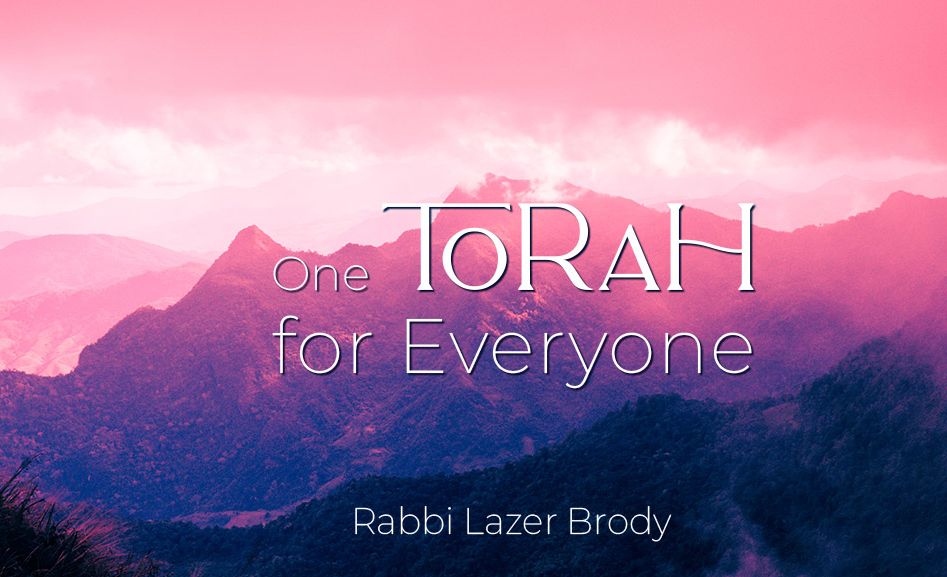
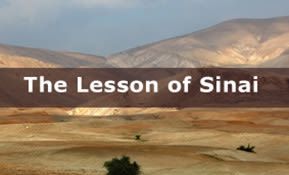
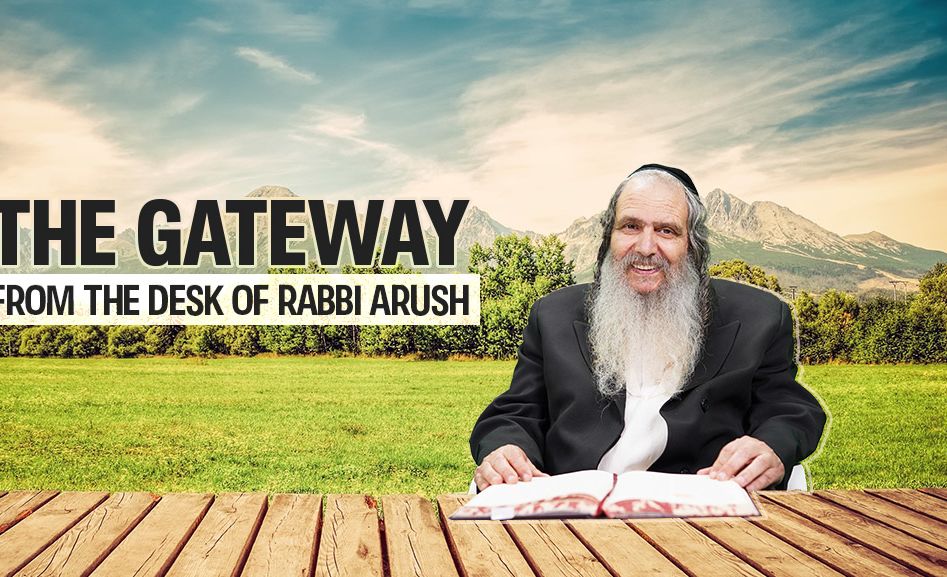
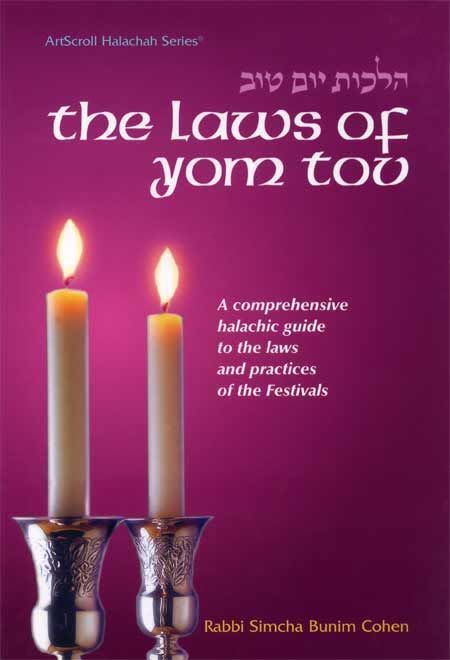




Tell us what you think!
Thank you for your comment!
It will be published after approval by the Editor.